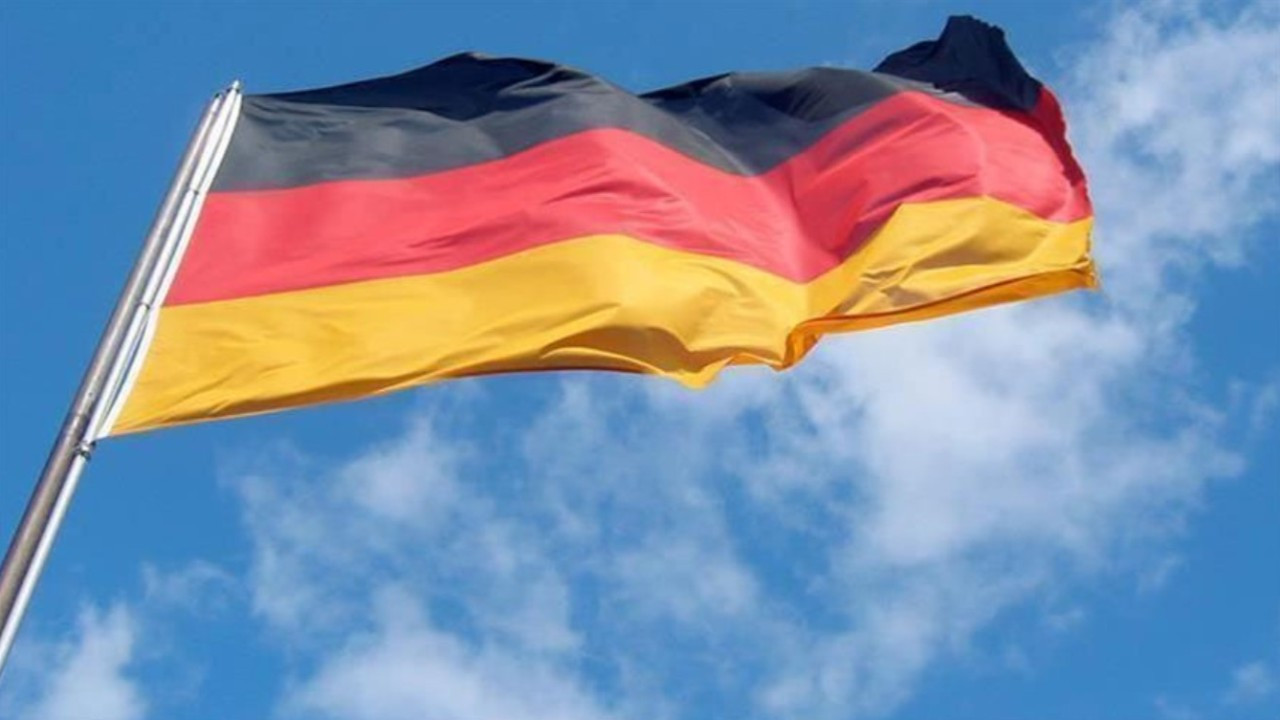
Despite the Ukraine-Russia war, supply problems and the energy crisis, the German economy slowed down while growing by 1.9 percent last year. According to the data released by the German Federal Statistical Office (Destatis), Germany’s GDP increased by 1.9 percent in 2022, above the market expectations. Thus, the German economy could not exceed the 2.6 percent growth in 2021 due to the energy crisis. Market expectations were for the economy to grow by 1.8 percent last year. Destatis President Ruth Brand, in her assessment on the subject, stated that the general economic situation in Germany in 2022 was affected by the consequences of the war in Ukraine and the extremely high energy price increases, and said, “Serious material shortages, the impact of Kovid-19, rising prices and shortage of skilled workers. Despite this, the German economy managed to perform well in 2022.” used the phrase. It was noteworthy that the GDP was 0.7 percent higher in 2022 compared to 2019, the year before the onset of the Kovid-19 crisis. Consumer spending, which increased by 4.6 percent last year despite the loss in purchasing power due to record 7.9 percent inflation, was the main driving force behind Germany’s growth in 2022. Public expenditures increased by 1.1 percent, while construction expenditures decreased by 1.6 percent due to rising borrowing costs and delivery bottlenecks. Exports increased by 3.2 percent and imports increased by 6.7 percent. In addition, companies invested 2.5 percent more in equipment such as machinery and vehicles last year. The German state budget is “in the red” for three consecutive years According to Destatis data, employment in Germany increased by 589 thousand last year compared to the previous year and rose to 45.6 million people. Rising interest rates in Germany caused the treasury’s high budget deficit last year. The federal government, states, municipalities and social insurances closed 2022 with a deficit of 101.6 billion euros (a deficit of 134.3 billion euros in 2021). The budget deficit amounted to 2.6 percent of the country’s GDP. It is noteworthy that in 2022, the German public budget was “in the red” for 3 consecutive years. Experts state that the expansion of the Russia-Ukraine war and the current Kovid-19 wave, which may lead to the disruption of supply chains in China, Germany’s most important trading partner, are among the risks for the German economy. Annual inflation in Germany, on the other hand, fell for the second consecutive month in December, reaching 7.9 percent, due to falling energy prices and the government’s one-off payment of household energy bills. Destatis pointed out that although all data are not yet available, growth will be zero percent in the fourth quarter of last year. Destatis will release data for the last quarter of last year on January 30, 2023. Detailed results for 2022 GDP will be announced on February 24, 2023.
